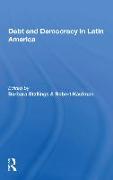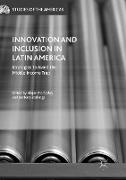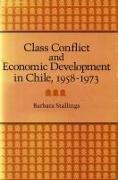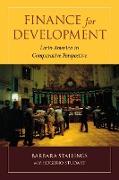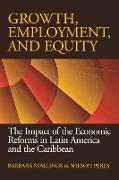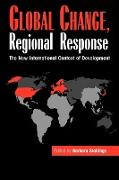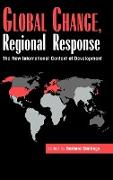This book offers a new perspective on the study of contemporary development. Part I explores how the end of the cold war, shifting relations among capitalist powers, globalization of trade and production, changing patterns of finance, and new ideological currents have altered the development context in four major third world regions. Part II suggests how different regions responded and development options were molded by the dominant internatio...
CHF 82.00



